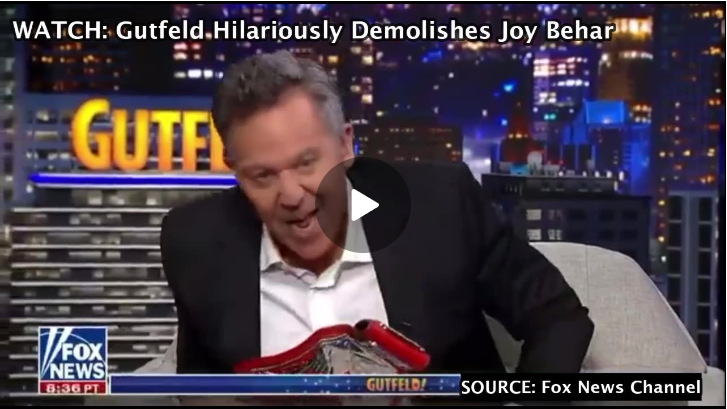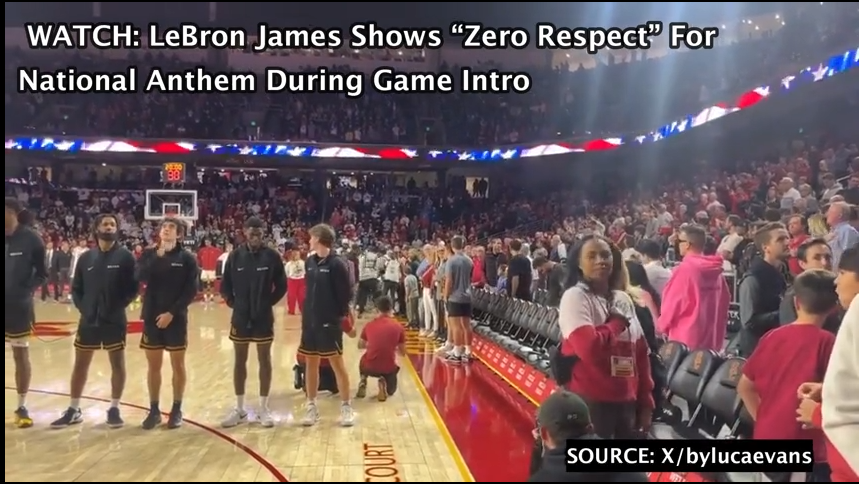Vice President Kamala Harris is facing scrutiny for copying a speech after another development in the presidential candidate’s plagiarism saga. Earlier this month, reports surfaced highlighting several instances where Harris purportedly used material from different sources without proper attribution. Now, she is also accused of plagiarizing remarks by a Republican district attorney during congressional testimony in 2007.
A report by The Washington Free Beacon alleged that Harris plagiarized large sections of a 2007 congressional testimony from Republican district attorney Paul Logli. An independent investigation by Newsweek corroborated these findings. When Harris, then the district attorney of San Francisco, addressed the House Judiciary Committee in support of a bill to facilitate student loan repayments for state and local prosecutors, she replicated much of Logli’s earlier testimony to the Senate Judiciary Committee.
Harris’ testimony, ostensibly aimed at addressing the exodus of prosecutors to higher-paying private sector jobs due to burdensome law school debts, mirrored about 80% of Logli’s content, including identical language, structural elements, and even shared typographical errors. The comparison revealed that out of Harris’ 1,500-word statement, approximately 1,200 words were directly lifted from Logli’s, including whole paragraphs that stressed the importance of retaining seasoned prosecutors through student loan relief.
Following the release of the report, Logli explained to the Free Beacon, “Kamala Harris represented California state prosecutors as a member of the Board of Directors of NDAA and was testifying in that capacity two months later before the House Judiciary Committee. I believe she also relied on NDAA staff support for her opening statement.”
He recalled that the National District Attorneys Association had researched and drafted his initial remarks. Logli suggested that the overlap in their statements might have been deliberate, saying, “The similar content of our statements was an effort by NDAA to be entirely consistent in the positions we presented to both Houses of Congress on behalf of the 3500 state and local prosecutors we represented on a national level.”
Harris, once a senator and California’s attorney general, is now facing allegations of plagiarism during her time in government office just two weeks before the presidential election. According to the review by the Washington Free Beacon, Harris reportedly copied substantial portions of text from other attorneys, and even Wikipedia without crediting the sources. These instances, which have not been publicly revealed until now, range from a few paragraphs to entire pages. Many appear in official reports Harris released while serving as California’s attorney general.
In another review by the Free Beacon, it was discovered that a certain passage inaccurately portrayed a fictionalized account of a sex trafficking victim as an actual case. The narrative, sourced from a nonprofit that operates the National Human Trafficking Hotline, originated from a collection of vignettes published on their website in June 2012. These stories, while illustrative of typical hotline calls, were explicitly intended for informational use, not as factual representations. However, in November 2012, Harris incorporated one of these vignettes into a report she released on human trafficking in California. Although she credited the story as “courtesy of” the hotline, she reproduced it word-for-word without disclosing that it was a fictionalized account.
The first report of plagiarism came from Christopher F. Rufo, who highlighted several instances where Harris was accused of using material without proper attribution, including descriptions from a John Jay College press release and an NBC News report. Initially, the media response was mixed, with some outlets, like The New York Times, downplaying the significance of these allegations, focusing on the use of public data and statistics rather than the theft of original ideas or creative content.
However, further analysis by Jonathan Bailey, a plagiarism consultant, led to a reevaluation of the seriousness of these allegations. Despite defenses from Harris’s campaign citing clear citations in footnotes and endnotes, the issue has gained traction in the media, complicating the campaign’s efforts to mitigate the situation. The controversy has been exacerbated by an internal email from Harris’s publisher, instructing staff to refrain from commenting on the allegations, describing the topic as “very sensitive.

